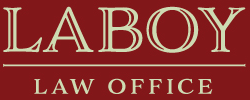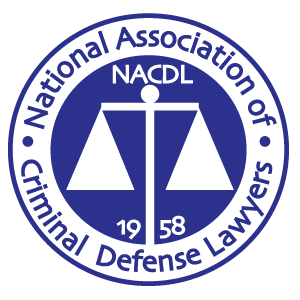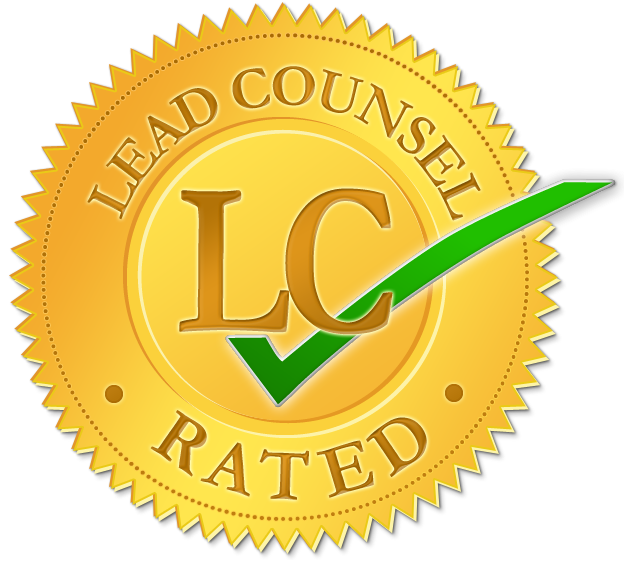Fraud Schemes in Arizona
In Arizona, the term “Fraud” is very broad and covers many different crimes. If you misrepresent yourself in any way to obtain any benefit that you would not otherwise be entitled to, you are committing fraud. Being found guilty of a fraud crime can lead to a lengthy prison sentence and large fines, not to mention social stigma and a criminal record that can negatively impact you and your family for many years to come. Therefore, if you find yourself charged with any kind of fraud crime in Arizona, you should immediately seek out a competent, aggressive Phoenix fraud defense lawyer to fight for your rights.
What is a Fraud Crime?
Although different kinds of fraud crimes carry different penalties and sentences if convicted, the, definition of fraud falls within Arizona Revised Statute A.R.S. 13-2310, which states that:
A. Any person who, pursuant to a scheme or artifice (i.e. trick) to defraud, knowingly obtains any benefit by means of false or fraudulent pretenses, representations, promises or material omissions is guilty of a class 2 felony.
B. Reliance on the part of any person shall not be a necessary element of the offense described in subsection A of this section.
C. A person who is convicted of a violation of this section that involved a benefit with a value of one hundred thousand dollars or more is not eligible for suspension of sentence, probation, pardon or release from confinement on any basis except pursuant to section 31-233, subsection A or B until the sentence imposed by the court has been served, the person is eligible for release pursuant to section 41-1604.07 or the sentence is commuted.
To learn more about the definition of, and penalties for, fraud crimes in Arizona, please visit our Fraud Crimes in Arizona page…
Some Common Types of Fraud Schemes and Artifices
Although there are many types of fraud schemes and artifices, some of the most common fraud crimes in Arizona are:
In addition, some other common fraud crimes in Arizona are:
- Bribery- Bribery occurs if you offer to provide a public servant or peace officer with any benefit (financial or otherwise) in exchange for their vote, opinion, judgment or favor that impedes impartiality and thus, the ability for them to render their position of authority in a neutral, objective, law-abiding manner. If a public official or peace officer accepts said benefit, they are committing bribery as well (A.R.S. 13-2602).
- Counterfeiting- Counterfeiting occurs if you make an unauthorized copy of any certificate or note that you did not obtain legally and through the proper channels. This can include a driver’s license, social security card, or a dollar bill. You can also be charged with counterfeiting if you are found in possession of the equipment or materials necessary to produce counterfeit goods. Additionally, if you receive counterfeit goods knowingly, and whether or not you are caught using them for your own benefit, you can be charged with counterfeiting (A.R.S. 3-1209).
- Forgery- Forgery occurs if you falsely make, complete or alter a written document, like a diploma. Forgery also occurs if you are knowingly in possession of a forged document, whether or not you are actively using it for your own benefit (A.R.S. 13-2002).
- Extortion- Extortion occurs if you attempt to obtain property, goods or services through threatening physical injury, damage to property, as well as false criminal or civil accusations against the person you are attempting to obtain the property, good or service from (A.R.S. 13-1804).
- Money Laundering- Money laundering occurs if you attempt to hide the source of illegally obtained money. This can include engaging in conspiratorial acts to exchange bills with an intermediary in order to obtain currency with different serial numbers (A.R.S. 13-2317).
- Racketeering- Racketeering occurs if you are operating any kind of illegal enterprise for a profit. This could include a gambling business, drug selling or trafficking, as well as prostitution (A.R.S. 13-2301).
Internet Fraud Schemes
The rise of Internet commerce has fueled fraud schemes and artifices that differ from some of the more traditional ‘brick-and-mortar’ crimes described above. Internet fraud can involve computer tampering of some sort, although computer-tampering charges do not always apply.
- Computer Tampering- Computer tampering occurs if you access, alter, manipulate or destroy computer software, computer hardware, or a computer system without tacit authorization to do so. This can include spreading a virus that disrupts or causes an outage across an information network. Computer tampering can also apply to manipulating a system to provide you access to information remotely; whether or not the authorized user of that system is aware you are networked in. You can also be charged with computer tampering if you hack into a system to obtain any data, protected or not, that you would not publicly have access to otherwise (A.R.S. 13-2316).
Some common Internet fraud schemes are:
- Auction Fraud- Posting a false auction online with the intention to take someone’s money without intending to deliver a good or service in return
- Debt Elimination Fraud- Purporting a solution for credit card or other debt without the legal means to reconcile or eliminate the debt for the debtor
- Business Opportunities Fraud- Misrepresenting the ability for someone to buy into a business to make money, and/or misstating your credentials or expertise in an industry to lure potential victims
Trust Phoenix Fraud Defense Lawyer Laboy Law
The best way to avoid a fraud scheme or artifice charge is to be absolutely sure the information you are providing customers or clients is factually accurate and correct at all times. However, if you find yourself accused of, or charged with, a fraud scheme or artifice in Arizona, it is essential to consult a Phoenix fraud defense lawyer with extensive knowledge of fraud crimes, and proven experience defending fraud crime cases of all severities. We will not stop fighting for your rights, by making sure that every possible legal option and defense strategy is available to you. If you are facing any kind of fraud scheme or artifice charge in Arizona, contact us today for a private, no obligation consultation at 602-777-3368.








